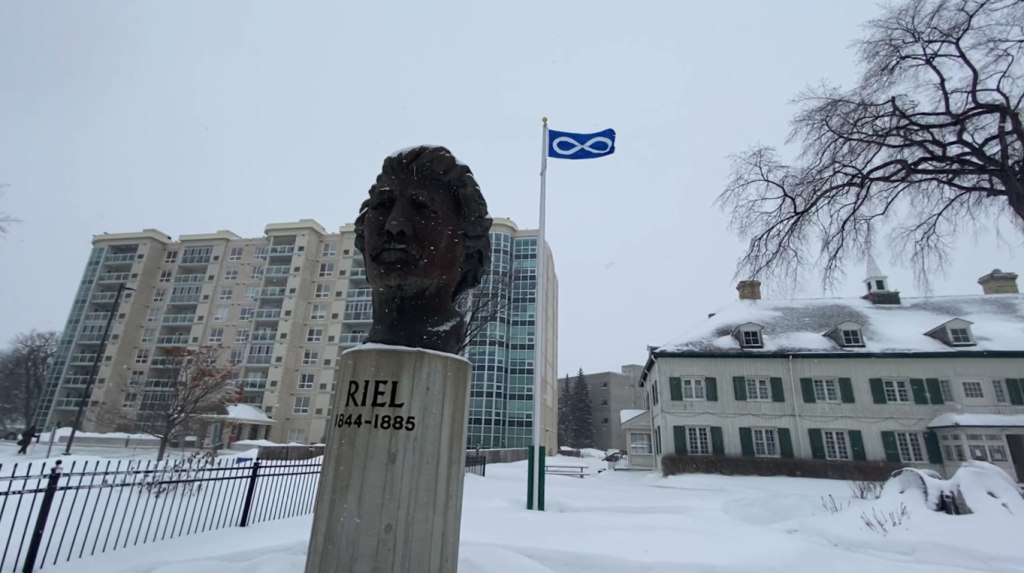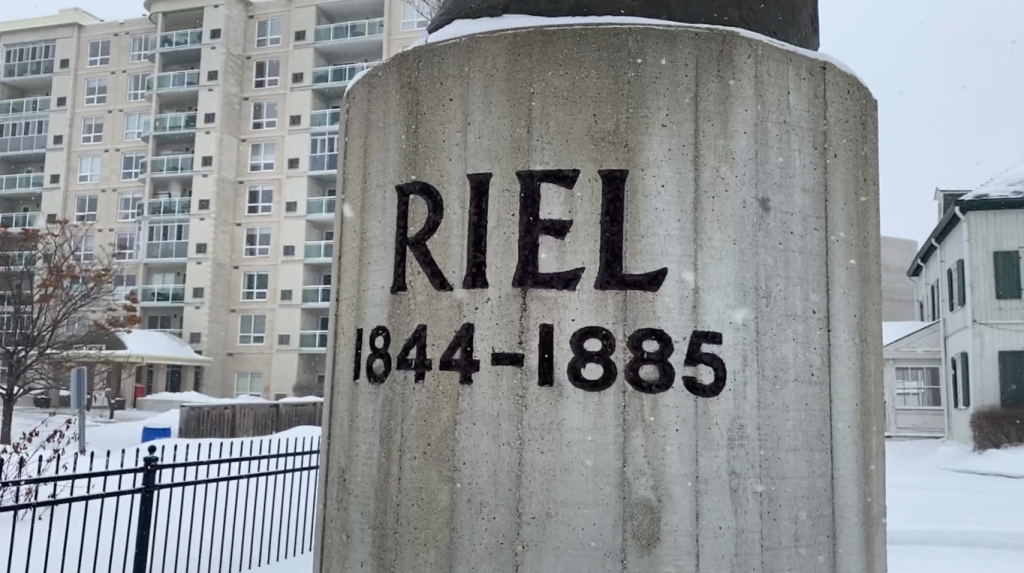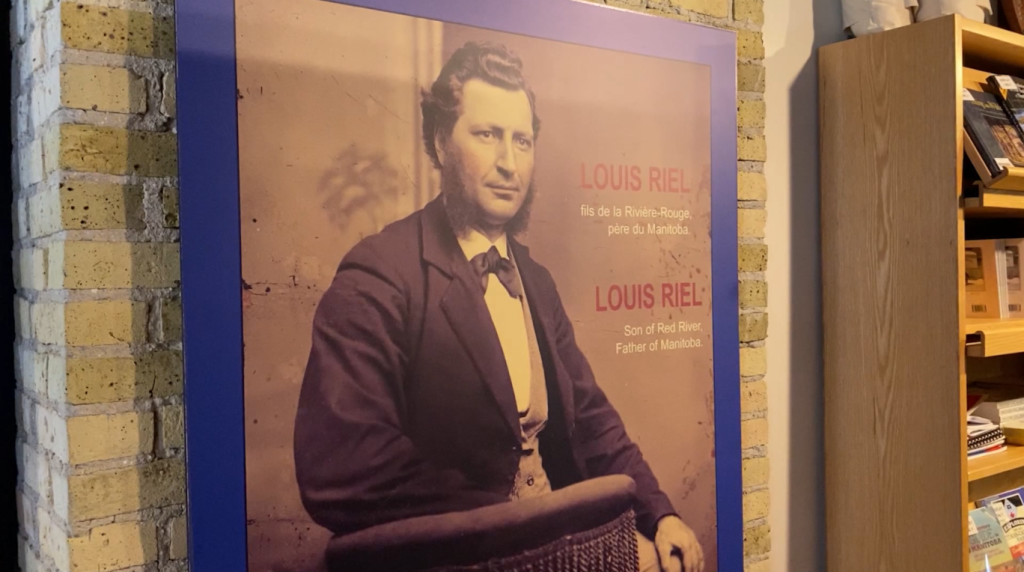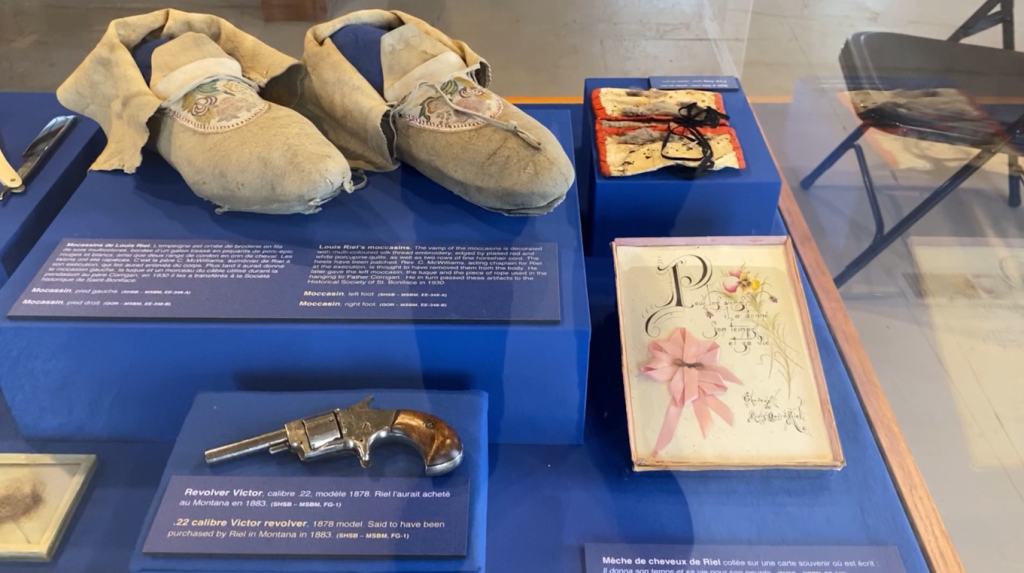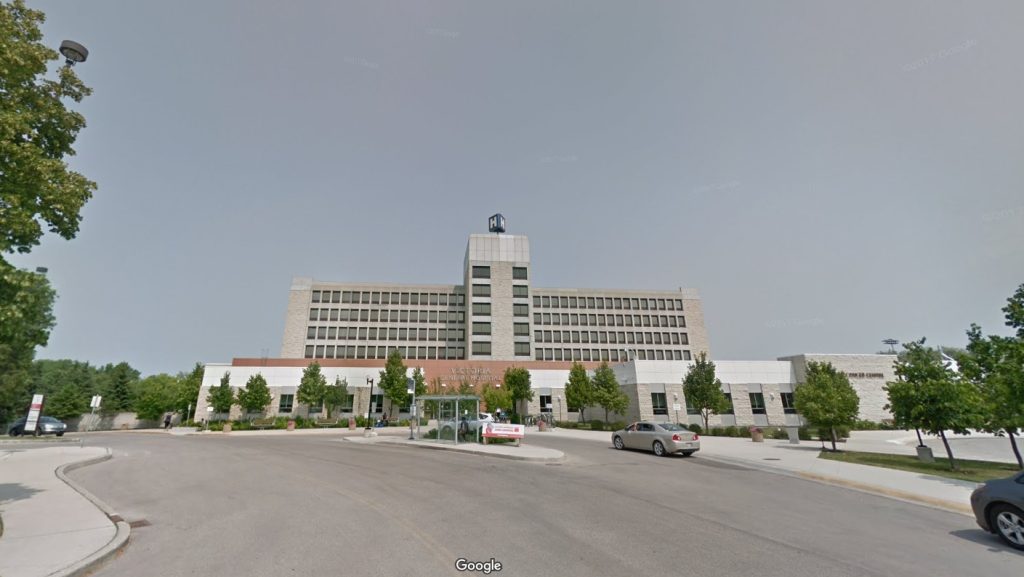Louis Riel’s contributions to Manitoba still felt today: Métis Federation
Posted February 20, 2023 4:16 pm.
Last Updated February 20, 2023 6:29 pm.
As many Canadians celebrated a regional holiday Monday, primarily Family Day, Manitobans marked Louis Riel Day.
Riel, a prominent political leader of the Métis people, founded Manitoba.
“Family and Riel are synonymous in the sense that we are all family,” said David Chartrand, president of the Manitoba Métis Federation.
“Riel Day is about family. It’s about uniting and remembering our past and seeking where our future is taking us because of our past.”
Riel made significant contributions to both Manitoba and Canada, fighting to protect the lands and rights of the Red River Metis.
Riel was also the leader of two resistance movements. At age 25, he led an uprising and formed a provisional government, presenting Canada with a Bill of Rights known today as the Manitoba Act.
“As he said to the government of Upper Canada, ‘we have a government in staging right now, we have a government operation, we don’t need your government, we are doing very well out here in the Northwest,’” said Chartrand. “We truly were prosperous out here in the Northwest.”
Tried, convicted, hanged
Riel was tried, convicted and hanged at the Northwest Mounted Police barracks in Regina on Nov. 16, 1885, for his resistance. He was 41 years old when he was killed.
While at the time Riel was seen as a traitor, Chartrand credits him for shaping Manitoba as it’s known today.
“All of it starts with the great leader of Louis Riel in deciding to stand up for the people of the Prairies, and of course, Upper Canada did not really care,” said Chartrand. “That is why the East versus West division still continues today and it’s an issue of understanding that the importance of Riel was the importance of family.”
Riel’s legacy and his vision to protect the rights of the Métis people is still very much alive today. In 2016, Manitoba recognized Riel as the Father of Confederation and the founder of the province.
Land acknowledgements are now said before many events, including recognizing Winnipeg as the homeland of the Métis Nation. The Métis flag permanently flies at Winnipeg’s city hall.
Riel artefacts on display
Riel’s legacy is also remembered at places like Winnipeg’s St. Boniface Museum, where artefacts of Riel are out on display.
Cindy Desrochers, the museum’s director, says it’s important to preserve and honour the history of Riel.
“Through those artefacts we can share those stories, educate people,” said Desrochers. “We find wonderful ways of being able to make a situation that happened 160 years ago come to light and figure out what people were living through and why it happened and how we can change things going forward.
“That conversation of where we came from is very important and those artefacts have stories to tell.”
Indigenous Reconciliation and Northern Affairs Minister Eileen Clarke says it’s important for Manitobans to honour Riel.
“His contributions toward justice for Métis rights and cultural representation defined him as a leader and that is why over a century later he is still celebrated across Canada,” she said.
